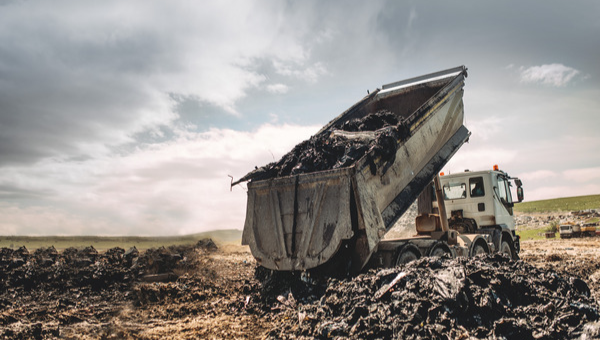When you report pollution to us, many processes start. Not only do we find the best way to address the issue, we also:
- take steps to protect your information
- engage with other regulators (if appropriate)
- add the report to our analysis of environmental issues across Victoria.
Am I safe?
Privacy is critical. When you lodge an illegal dumping report you don’t have to provide your personal details. All reports received are held securely and details can only be shared with other agencies if it supports the investigation and you’ve given your expressed permission.
Our privacy policy is online.
Once received, each report is assessed and prioritised. If there is a risk to human health an Authorised Officer will be on the scene as quickly as possible. Thankfully, between July 2021 and Jun 2022 only 3% of reports needed a priority response.
When there is no immediate risk, our Officers have an opportunity to assess the location, likely causes and a range of other intelligence before taking action. Some cases may be referred to the local council. Other cases may be referred to one of Victoria’s other authorities, such as WorkSafe.
Any data shared is anonymous unless the reporter has granted permission for their details to be included.
Co-regulators are typically involved in 20% of waste pollution reports EPA receives.
Is anything happening?
If you don’t see our team on site, lots can be happening behind the scenes:
- Officers may have already identified those responsible
- The site may be underinvestigation
- The site may have been linked to a larger issue.
Our Officers work efficiently, but often quietly, to hold polluters to account.
Due process and documentation also play a crucial part. Our team must be able to show that they work within the law, should a case be challenged in the future.

It doesn't end there
Each pollution report contributes to our ongoing analysis of waste in Victoria.
Even when we aren't able to take enforcement action (e.g. fine whoever dumped the waste), the information can:
- reveal factors that lead to waste crime
- inform how we assign resources
- contribute to ongoing investigations
- highlight emerging issues.
This intelligence helps us stop illegal dumping at the source.
The more reports we have, the better our understanding is.
Download a translated version
- Arabic: Microsoft Word or PDF
- English: Microsoft Word or PDF
- Simplified Chinese: Microsoft Word or PDF
- Traditional Chinese: Microsoft Word or PDF
- Vietnamese: Microsoft Word or PDF
Reviewed 27 April 2023



